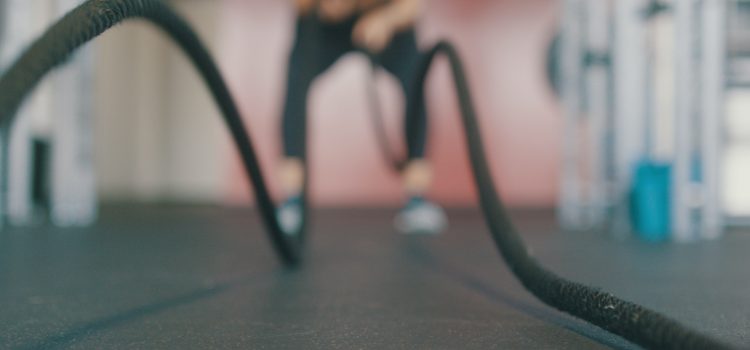
Have you ever thought about the strength of your grip? You may not realize it, but something as simple as how tightly you can hold onto an object could be an indicator of your longevity. Recent studies have shown a strong correlation between muscle health and aging, and one particular aspect that stands out is grip strength. So if you want to live long and healthy, pay attention to those handshakes – they just might reveal more than you think! In this blog post, we’ll explore the fascinating link between grip strength and longevity, and what it means for our overall well-being.
The Relationship Between Grip Strength and Longevity
Grip strength is one of the most important abilities you can have for overall health and longevity. Strong grip muscles can help protect your extremities from injury, and they also play a role in keeping your balance and preventing falls.
In addition to these benefits, strong grip muscles may also be linked to a longer lifespan. A study published in the journal BMC Geriatrics found that people with strong grip strength had a reduced risk of mortality compared to those with weaker grip strength. The study authors believe that this link is due to the protective effects of grip strength on body weight and bone health.
Making sure your grip strength is up to par isn’t as hard as you might think. Simple exercises like hand-grip strengthening exercises or resisted wrist curl variations can help improve your muscle function and build stronger bones too!
The Effects of Grip Strength on Cardiovascular Health
Grip strength has been consistently shown to be a strong predictor of cardiovascular health. Cardiovascular disease (CVD) is the leading cause of death in the US, and according to the American Heart Association, “Stronger handgrip strength is associated with a lower risk for CVD events and overall mortality” (Mills 2015). The link between muscle health and aging is well-known, with greater muscle strength typically correlating with a longer life expectancy. This relationship is likely due to several factors:
1. Greater muscle strength contributes to improved balance and coordination, both of which play key roles in preventing falls and other accidents that can lead to CVD.
2. Stronger muscles are better able to resist fatigue and burn more calories during physical activity, which can help improve overall fitness levels and reduce the risk of obesity-related diseases such as heart disease, stroke, and type 2 diabetes.
3. Stronger muscles reduce stress on the body’s systems by providing support when they are needed most – like during moments of intense exercise or during times of prolonged rest.
The Relationship between Grip Strength and Cognitive Function
Do you know what your grip strength is? Grip strength can be a good indicator of cognitive function, according to a study published in the journal Neurology.
The study found that people with better grip strength were less likely to have problems with memory and thinking skills, compared to those who had weaker grips. The findings suggest that maintaining strong grip strength may play an important role in maintaining cognitive health as we age.
Grip strength is an important tool for preventing injuries and improving overall fitness. Maintaining strong grip muscles can also help prevent falls, which can lead to serious health problems. So, it’s important to keep your grip strength up as you age so you can stay healthy and continue performing at your best!
How to Increase Grip Strength
Reduce the risk of developing age-related diseases by improving your grip strength. Grip strength can predict longevity, improve overall muscle health and reduce the risk of falls.
1) Improve grip strength with a variety of exercises. A variety of exercises that target different muscles in your hand as well as your forearm will help increase grip strength. Exercise selection is key to ensuring you are achieving maximal results while minimizing possible injuries.
2) Reduce stress levels through relaxation techniques. Improving blood flow and reducing stress can both help improve grip strength. Relaxation techniques such as meditation and yoga can help to ease tension in your hands and promote better circulation.
3) Increase intake of nutrients that support muscle growth, such as omega-3 fatty acids. Omega-3 fatty acids play an important role in maintaining healthy muscle tissue, and can be found in fish, nuts and seeds. In addition to promoting better muscle health, these nutrients also have been linked with reduced risk of age-related diseases such as dementia and heart disease.
Conclusion
Grip strength is a critical measure of overall health and well-being, as it can predict a variety of long-term outcomes including longevity. While exercise and diet are undoubtedly important factors in maintaining good muscle health, the grip strength of our fingers can help us to stay independent for years to come. So if you want to enjoy a long and healthy life, make sure to maintain strong finger muscles!










